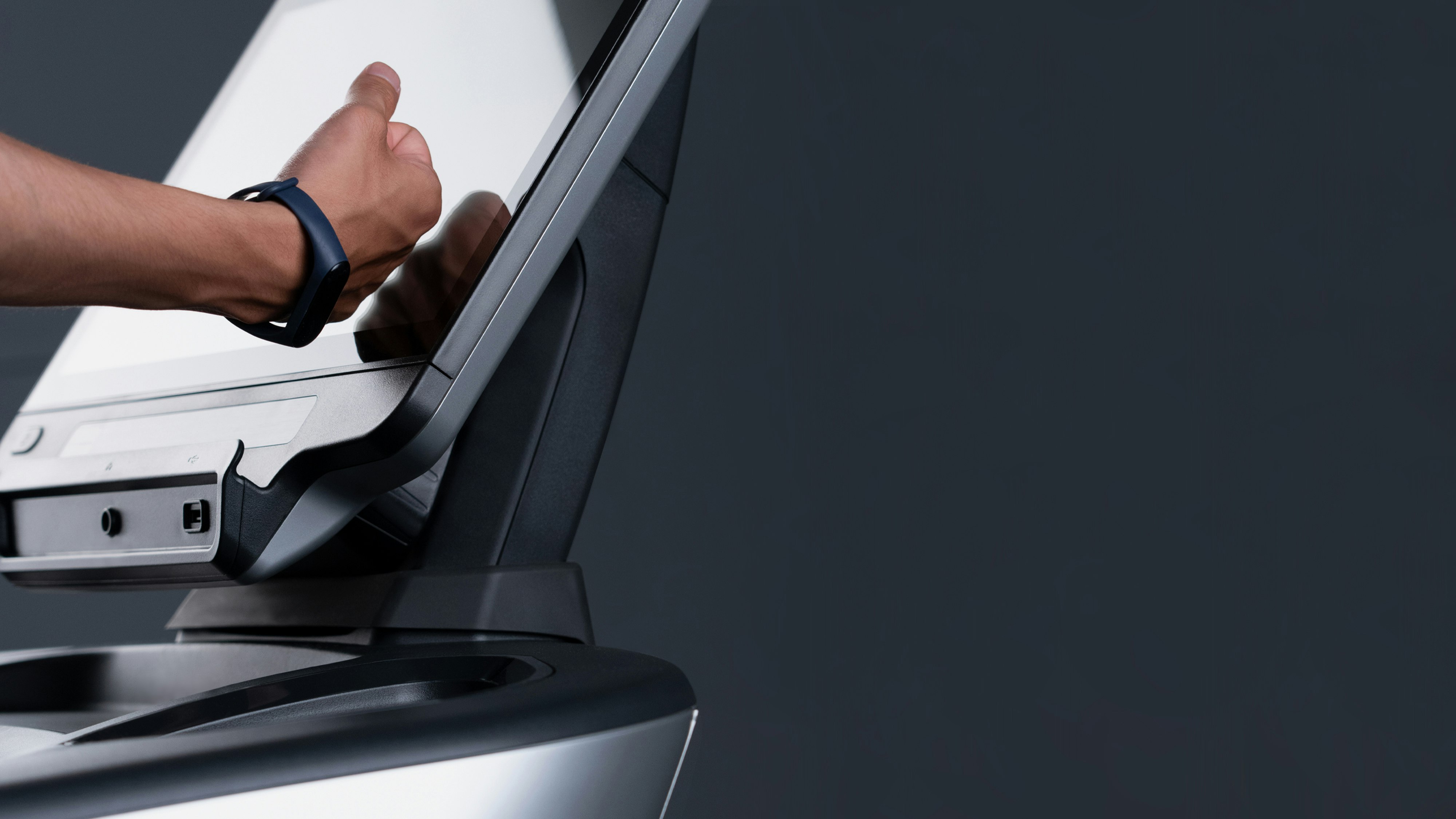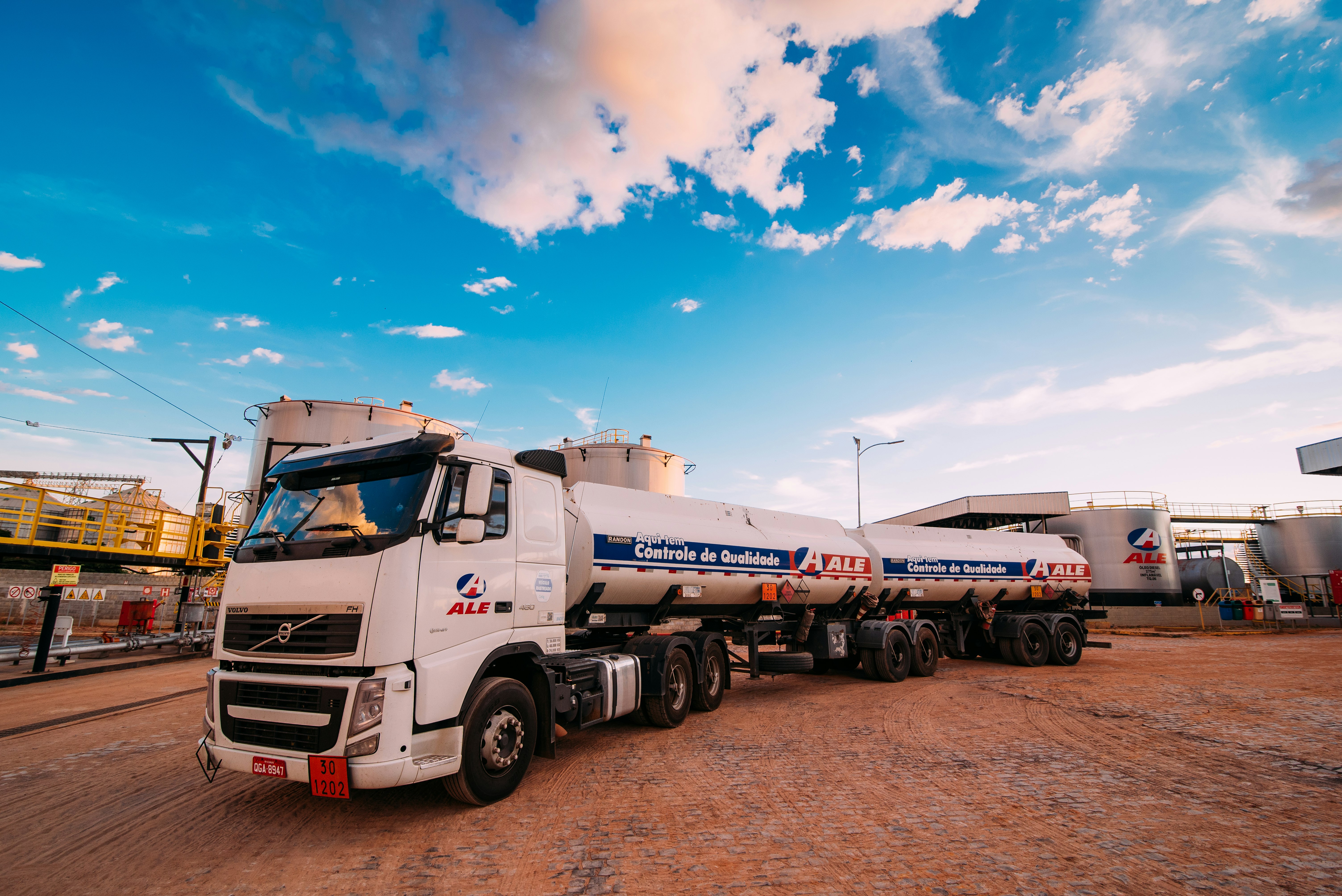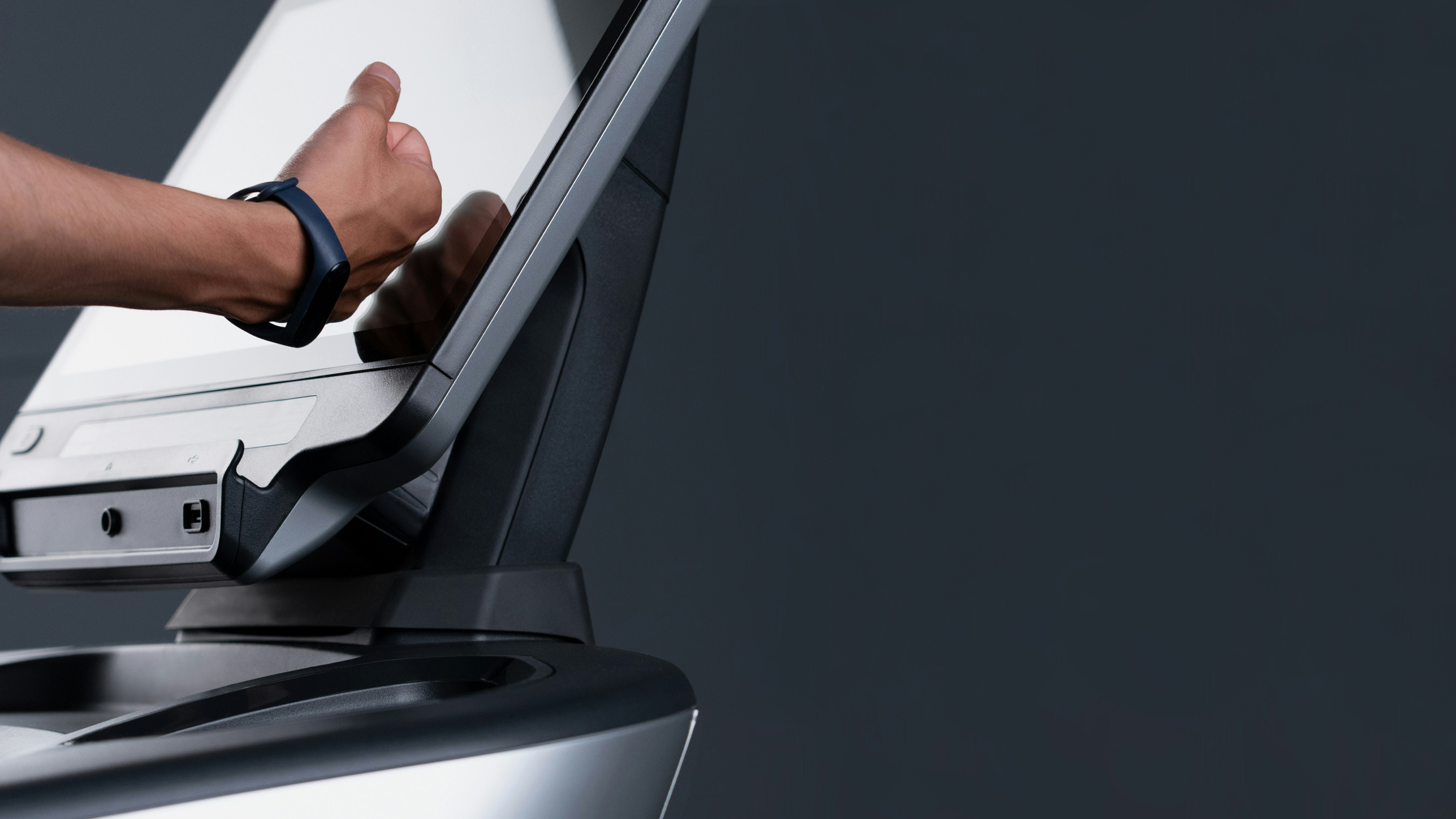Stallings
In today’s difficult economy, many IT departments are having to do more with less. EDI is one area that can consume an inordinate amount of IT resources with all the hardware and software support it requires, not to mention the VAN costs and specialized expertise needed for file exchange oversight and data translation / mapping. I think it makes tremendous sense for companies to look at their EDI processes / technologies as a way to save costs. Here are some key considerations:
Can we consolidate EDI VANs? Many companies use more than one EDI VAN and usually there is not a good reason for this. For example, it is very common for companies that have grown through M&A activities to have both of the VANs from the former organizations. Usually companies can get a much lower rate and decrease system complexity by consolidating to the one EDI VAN that is the most reliable and has the best customer support.
How much money are we paying in chargeback fees due to our VAN being down? When it comes to EDI, reliability is key. EDI transactions tend to be extremely time-sensitive and involve crucial information exchanges needed to get product to customers on time and without error. If, for example, a Shipping Notice, is delayed due to a VAN being down, the end result is often a late shipment and a late fee (also called a chargeback fee). Some of the most popular VANs have terrible reliability track records. Our clients have reported annual chargeback savings well into the 6 digits simply from switching to our more stable VAN.
How much money would we save by outsourcing our EDI? Medium and small businesses have relied on hosted EDI solutions for years, and increasingly larger enterprises are turning to these solutions as well. There are a number of reasons for this. One is the dwindling number of people with the EDI expertise and experience needed to run an in-house EDI department. These people are getting harder and harder to find as many are nearing retirement age and EDI has not been a popular area of focus for younger people for some time now. Another is the desire to use IT resources for more strategic initiatives. While EDI is extremely important to a company, it is never going to be a competitive differentiator. This might seem counter-intuitive, but it’s like a phone system. Few would argue that companies don’t need a highly reliable phone system, but no company outside the telecom industry has built its success on having a better phone system than its competitors. Plus, the complexity of EDI rules / standards is growing dramatically as companies expand their international business relationships. As a result, many EDI departments are reaching the tipping point where it doesn’t make economic sense to devote in-house IT talent to the struggle of keeping up with these constant changes.
Stallings
EasyLink’s EDI solutions include one of the most reliable EDI VANs on the market as well as a full suite of managed EDI services. These managed services run the gamut from mapping, testing, and validation to the day-to-day handling of communication and data errors and trading partner updates. They also include a number of offerings for less EDI sophisticated businesses such as web EDI tools. We even allow non-EDI users to fax or email documents to us for conversion into EDI and transmittal to the trading partner.
In addition to our highly reliable VAN and EDI services, another key differentiator for EasyLink is our full breadth of electronic messaging solutions. EasyLink is the only company that specializes not just in EDI, but in services that help companies conduct business electronically with their partners, suppliers, and customers in virtually any way they want. To accomplish this, EasyLink has a whole other set of flagship solutions that include Email-based faxing and integration of faxed information into and out of back-end systems, Managed File Transfer tools (to secure and facilitate FTP file exchanges), and even Telex services. The advantages of this diverse solution set are twofold. First, it enables our clients do business they want regardless of how their business partners do it. Our fax-to-EDI tool is a great example of this since it allows an organization to receive EDI files even when their partners send the data as a fax. Secondly, this full messaging solution set gives our clients a single point for solutions for all of their electronic messaging needs, and the combination of multiple services from a single vendor can bring substantial quantity discounts.
Stallings
The majority of our customers are processing supply chain based EDI transactions such as POs, Invoices, Ship Notices and Remittance Advices, but we are seeing growth in other industries such as Healthcare and Finance. We are also seeing more transactions related to Claims Processing, Financial Reporting, along with NACHA based transactions used by banks to process money transfers. Additionally, more of our customers are using our Services to process non-EDI transactions such as XML, Flat Files, and Proprietary formats which enable them to apply the tried and true benefits of EDI to all data within their enterprise.
Stallings
As mentioned, we are seeing more and more non-traditional types of messaging formats. Processing these types of files through a VAN Service provides the following benefits:
Tracking all data through a single dashboard
Viewing reports that cover all transactions, whether they are EDI or not
Simplifying communication infrastructure by funneling all messaging data through a single circuit and service
Improving security and meeting compliance requirements.
Stallings
EasyLink recently launched its new Managed File Transfer Service which was designed specifically to enhance the management of all types of data formats. We are truly starting to see EDI-like processing moving into other types of messaging formats, and our Managed File Transfer Service is the next technology step to help our customers achieve greater variety in managing their company-wide data.
Stallings
EasyLink is unique in the degree to which we are technology agnostic. All of EasyLink’s Services are 100% hosted and will work with any ERP system, Translator, and B2B Integration Suite. At the same time, no software or premise-based equipment is required to integrate into EasyLink’s Network, which saves companies from having to maintain and support unneeded infrastructure, and lowers overall costs.
Stallings
A number of companies are turning to EDI outsourcing as a way of dealing with reductions in IT headcount associated with today’s difficult economic conditions, and EasyLink is helping a lot of companies in this regard. However, given the other trends we discussed (shortage of EDI professionals, commoditization of EDI, cost savings through EDI vendor consolidation) this increase in EDI outsourcing makes sense regardless of what is going on in the economy.
Tom Stallings serves as EasyLink’s chief executive officer and a member of the Board of Directors. He joined the company in December 2003 as chief operating officer and assumed the role of chief executive officer in April 2004. With more than 35 years of sales, marketing, finance, and operations experience, Tom brings a wealth of knowledge and experience to EasyLink. He has successfully led several private companies through strong growth and into profitability as well as through successful acquisitions by larger organizations.
Before joining the company, Tom spent seven years in the management of venture capital backed or privately held technology companies. He was the president and chief operating officer of CoreHarbor, where his efforts led to the effective merger between CoreHarbor and USinternetworking Inc. Prior to that, he served as president and chief executive officer of Cambar Software Inc. (CSI) and was successful in completing a sale of the company to a private investment group. Before joining CSI, Tom served as president and chief executive officer of Analytika, Inc., where he effectively grew this early stage software development firm and completed the acquisition of the company by Dendrite International. Prior to 1996, he held progressively more responsible management and executive positions at Oracle and IBM.



















